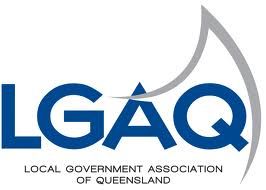Auditor-General highlights financial challenges councils face
Auditor General Andrew Greaves’ report into the accounts of 68 Queensland local governments has highlighted the financial challenges councils face in the wake of real declines in funding support by governments and a renewed push by the developers’ lobby for ratepayer supported subsidies to prop up their industry.
Local Government Association of Queensland chief executive Greg Hallam said the report into the financial statements of councils and their associated entities for 2011-12 backed up the LGAQ’s view that financial sustainability will be a key challenge for its members over the next few years.
He said a series of decisions by the previous Labor government, including the withdrawal of state government subsidies, had hit council finances and forced an increase in local government borrowing in order to maintain services to local communities.
“Those decisions have caused councils to lose about $850 million in revenue each year,’’ he said.
“For many councils that has meant a choice between maintaining services and infrastructure through borrowing and increased rates, or cutting back on services.’’
Mr Hallam said many councils were actively involved in trying to operate more efficiently by reducing their labour costs while encouraging economic growth in their regions through programs to fast track building development approvals.
He said the Newman Government needed to acknowledge the work councils were doing to encourage development as it was negotiating reforms to the State’s infrastructure charges regime.
“What is definitely not needed in this climate is a move to further force councils to subsidise residential and commercial development by reducing their ability to ensure the property industry pays its fair share of infrastructure costs,’’ he said.
The Auditor-General’s report found that 16 of the 68 councils audited were at higher risk of becoming financially unsustainable, largely because these had recorded operating losses over the last three years.
However, the report found that the local government sector as a whole had a low financial sustainability risk.
“Community assets are being constructed, acquired, renewed and replaced faster than the total asset base is being depreciated,’’ the report said.








 Print
Print